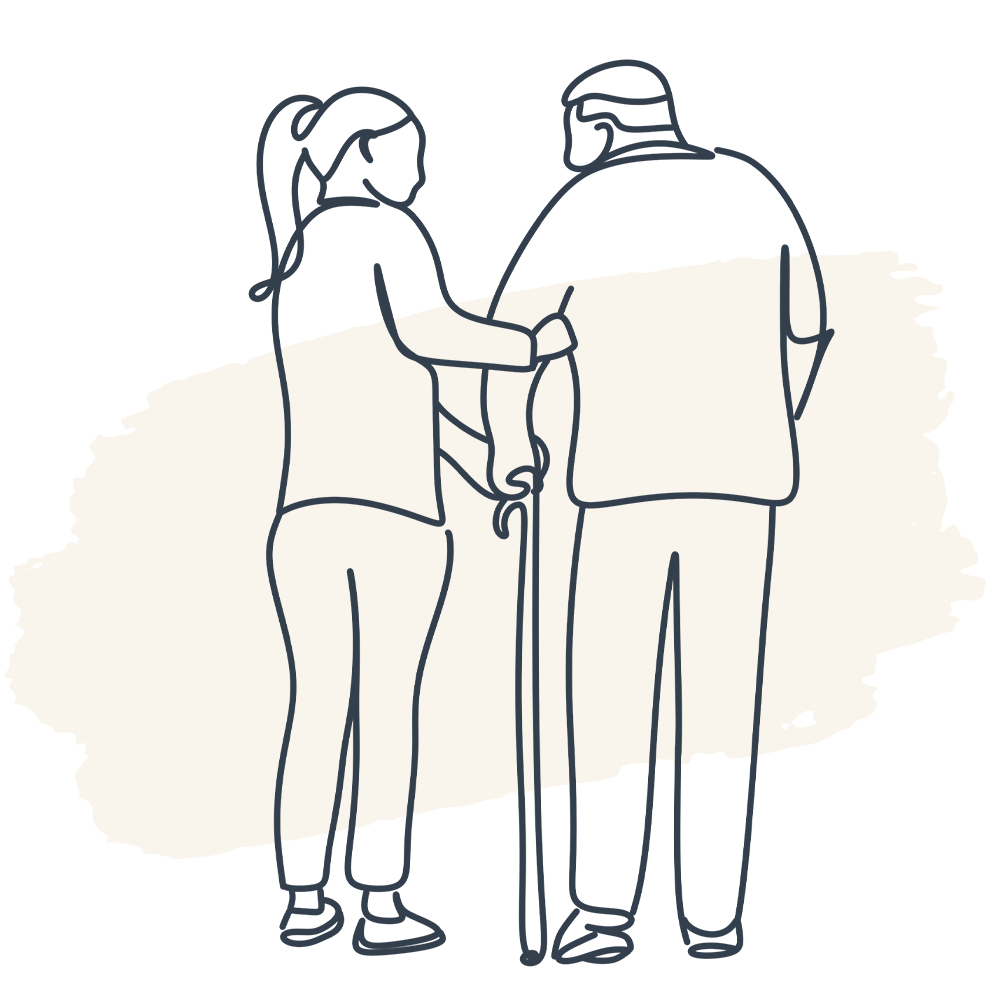Medically Reviewed by: Dr Jackie Gray, Public Health Expert and Retired GP
(Carents Trusted Reviewer Programme – Last reviewed July 2025)
Reablement services can help adults regain their independence and ability to undertake personal care for themselves without relying on a traditional home care service.
These services are provided for people who are struggling with daily tasks around the home. This includes tasks such as cooking, washing, dressing, or getting to the toilet.
In the past, these individuals would usually have been supported by traditional home care or domicillary care services. Reablement services were created to help people become independent again so that they would not need ongoing support from external care services.
Reablement services are based on the fact that often, with a bit of short-term support, people can regain their confidence and ability to do everyday tasks themselves. By contrast, if a traditional home care service is provided for someone, then they might never regain their independence and will always be reliant on care services.
The reablement approach enables people to do things for themselves. It is a ‘doing with’ model, in contrast to traditional home care, which tends to be a ‘doing for’ model.
Reablement services employ care workers, often referred to as the reablement team, to help with everyday personal and practical activities at home for a time-limited period – up to six weeks usually. It is a short-term, active intervention very much aimed at getting someone back to living independently again.
The Social Care Institute for Excellence explains more about reablement.
Free eBook: Planning for an Emergency
Sadly, many Carents know that later life can be challenging for older adults living with ongoing health problems, often leading to physical, financial, or emotional difficulties.
By planning ahead, you can greatly reduce the risks and dangers of these vulnerable situations.
This eBook explores the most common challenges affecting Carents and the ones they love, and shows what you can do to lower risks, find support, and respond quickly when help is needed.
Simply complete the form and the eBook will be sent to you via email.
Arranging reablement services
Reablement services are often provided when an older person is discharged from the hospital, but they can be introduced at any time. Local Authority Social Care Departments provide reablement services, which are usually free and available for short periods, usually up to six weeks.
Contact your loved one’s Local Authority Adult Social Care department
All local Councils have an Adult Social Care Service which is responsible for providing practical support to people so that they can live independently and stay safe and well.
Each service has a duty officer who can be contacted at any time. During office hours, you should contact the number for their “Adult Social Care” service or department. Out of hours, you will be able to contact a duty officer, and the number for them will be on the Council website in their Adult Social Care section and in relation to headings such as Out of Hours or Emergency.
The Council will respond with advice and arrangements to assess what sort of care your loved one needs and might be able to arrange that support. The timescales of their response vary depending on the situation and the council resources. They can also advise on traditional domicillary care services.
Organising care services at short notice
If an older person needs care at short notice, then you might be tasked with making those arrangements. In these instances, it is helpful to discuss the urgency with their Local Authority Adult Social Care department. You might also find our information on paying for home care services helpful.
WHAT OUR CARENTS SAY
Medically reviewed by Dr Jackie Gray, July 2025
Stay in touch with The Carents Room
Stay informed and supported on your carenting journey with our newsletter, designed to provide you with:
- Practical Tips: Get expert advice and useful tips to help you navigate the challenges of caring for your elderly relatives.
- Latest Updates: Stay up-to-date with the latest news, research, and developments in health and care services.
- Community Insights: Hear from fellow carents, sharing their experiences and stories to support you.
- Exclusive Resources: Access special content and resources designed to make your role as a carer easier and more effective.
Join our community today and make carenting a smoother, more informed experience. Simply enter your email below to start receiving our carefully curated content straight to your inbox.
